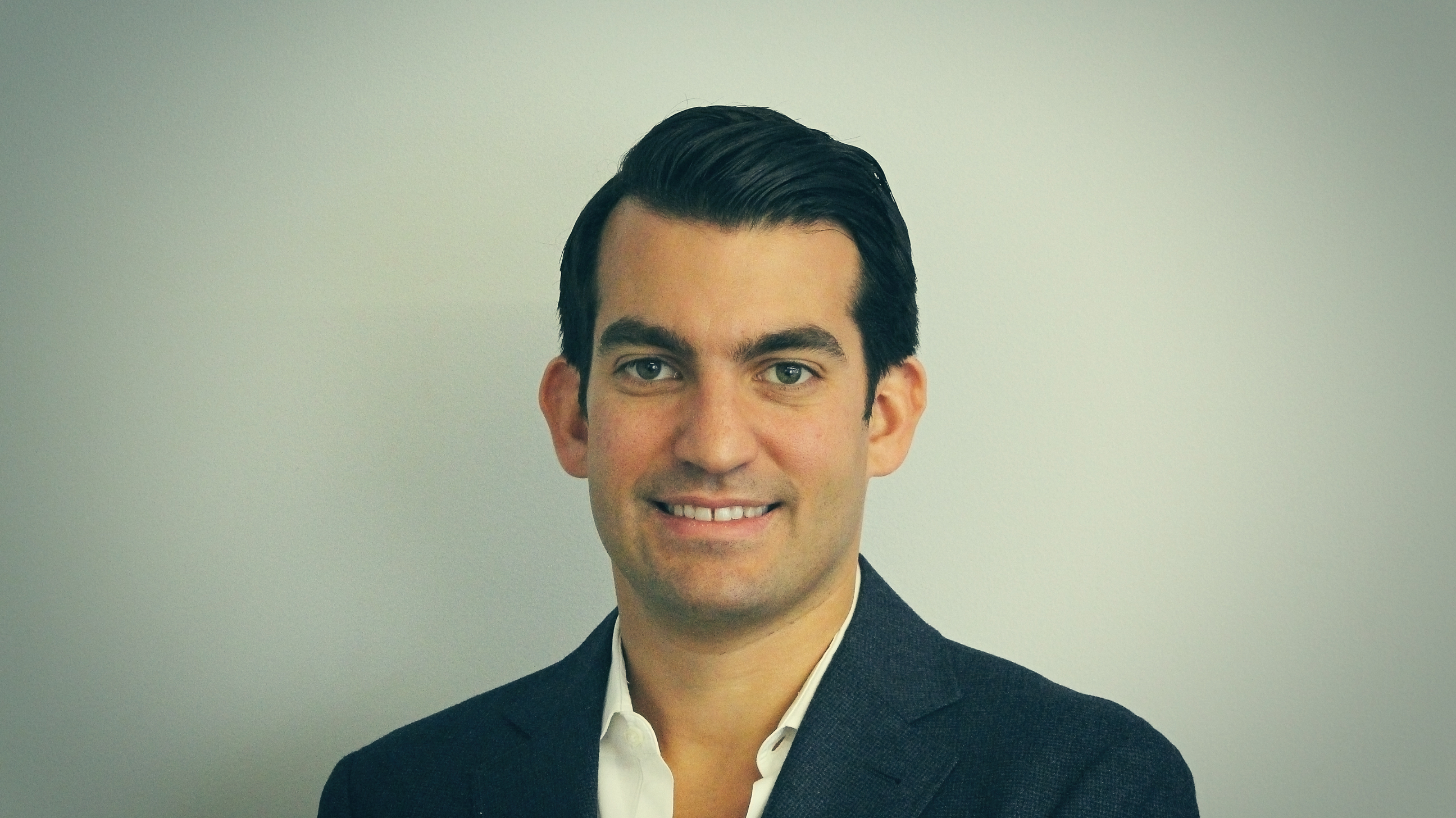If you were to look over Bennat Berger’s college transcript, nothing in his printed class list would make you think that he would become a notable presence in New York City’s real estate sector — or even that he had an interest in real estate at all.
In fact, you might be forgiven for thinking that Bennat Berger was planning to make a career out of writing. A glance over his courseload reveals an interest in creative writing, a passion for literature, and occasional forays into philosophy and language. He wrote for his college’s printed newspaper and won an award for his short fiction. When he graduated from Dartmouth College in 2006, he did so with a Bachelor of Arts in English Language and Literature.
“Nothing in any of my syllabi spoke specifically to real-estate,” Berger admits in retrospect. “I never took a business class or studied market-trends. I was in the English department, and I truly believe that my career was better for it.”
Of course, some people would raise an eyebrow at Berger’s sentiment. English studies — and liberal arts majors as a whole — are generally stereotyped as less-than-lucrative degrees. Countless disgruntled English graduates have written about the litany of concerned, skeptical questions they receive. Topping the list are remarks such as: “Oh, so you’re going to be a teacher?” to “You know you’re not going to make money with that, right?”
Sometimes, the skepticism isn’t quite so kind. Consider Jeb Bush, who famously disparaged liberal arts majors during a town hall event in 2015, saying: “When a student shows up, [universities] ought to say ‘Hey, that psych major deal, that philosophy major thing, that’s great, it’s important to have liberal arts … but realize, you’re going to be working a Chick-fil-A.”
According to this shared knowledge and stigma, Bennat Berger should be frying chicken at one of the fast-food company’s NYC branches or struggling to make it as a writer — but he’s not.
Bennat Berger has made a remarkable career out of real estate dealings and investing. Berger is a co-founder and Principal for Novel Property Ventures, a real estate firm that centers on acquiring and managing multifamily residential buildings in New York City. He also stands as a founding partner for Novel Private Equity. In his role with the investment firm, Berger is responsible for directing a diverse portfolio that encompasses business across a diverse range of interests, from entertainment to supermarket technologies to experiential retail.
Bennat Berger hasn’t put down his metaphorical pen, either. Over the past several years, the entrepreneur has built a reputation for being a prolific, thoughtful writer who crafts nuanced articles on the intersection of technology, culture, and business. Beyond his blog, Berger’s pieces have found homes on Fortune, VentureBeat, Entrepreneur, and The Next Web.
It might be tempting to see Bennat Berger as the exception to the rule, rather than the norm — but the entrepreneur disagrees.
“My college years might not have featured a business curriculum, but they were instrumental in helping me build the foundation for my career,” he asserts. “My English degree gave me an incredibly well-developed roster of soft skills that I use every day. I didn’t just learn how to write; I learned how to communicate, lead, connect, and assess. It brought tremendous value to my professional life.”
Research indicates that the value Berger speaks to isn’t limited to him alone. In 2014, a joint report from the AAC&U and the National Center for Higher Education Management Systems found that “by their mid-50s, liberal arts majors with an advanced or undergraduate degree are on average making more money those who studied in professional and pre-professional fields, and are employed at similar rates.”
Concerns about the value of a liberal arts degree, the researchers conclude, “are unfounded and should be put to rest.”
While Bennat Berger might not have been responding to this particular study, he’s undoubtedly echoed its points. In an article for Entrepreneur, Berger wrote that “knowing how people think, what the smartest minds have written and how groups behave provides valuable insight into teamwork and client interactions. […] When your education is centered around human thoughts and ideas, it can amplify your success in a work environment.”
Berger’s perspective is interesting, too, when one considers that his business partner, Andrew Miller, did go to school for the subjects he pursues professionally. Miller attended Baruch College and graduated with a Bachelor of Science degree and a concentration in real estate and finance.
“I guess you could say that Andrew and I went opposite routes only to end up in the same place,” Berger reflects. “Honestly, I think that part of the reason that we work so well together is our different educational experiences. Our mindsets complement each other; we can collaborate better for the sake of the business.”
With the degree of success that Berger and Miller have seen, his argument stands up. College students don’t need to aspire for Hemingway fame to pursue a liberal arts education, or believe that career success hinges on a STEM degree. Bennat Berger’s story proves that there is no one path to professional success; regardless of whether a student chooses to hone in on their career in school or embark on an exploration in liberal arts, achievement is theirs if they choose to reach for it.


